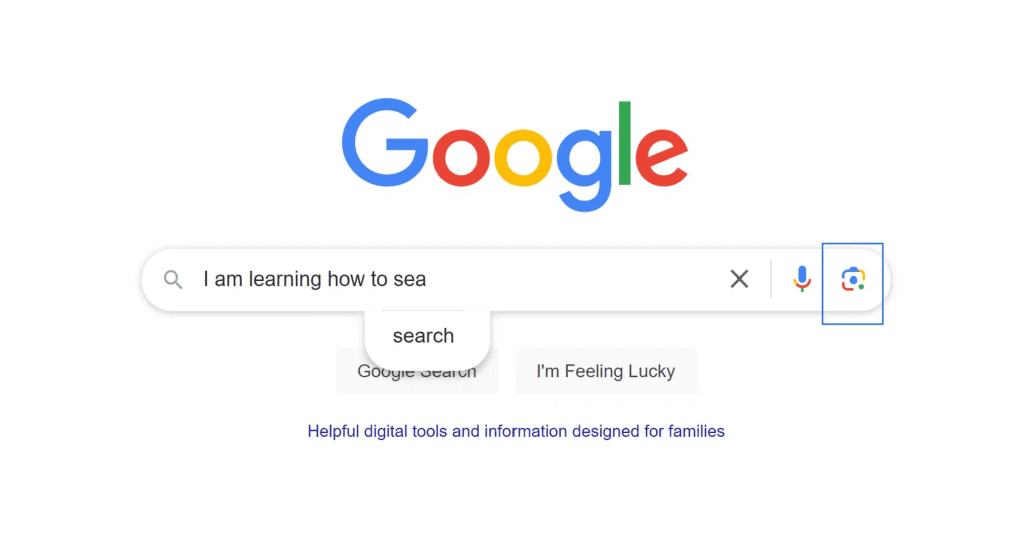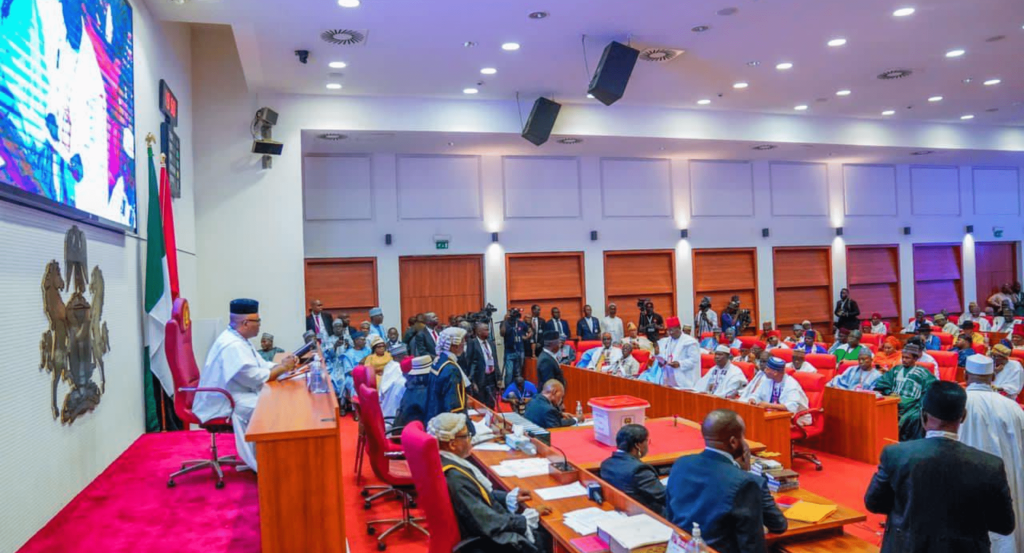Google is set to transform the future of online search in 2025, marking what could be the beginning of the end for traditional browsing. CEO Sundar Pichai has described this as the biggest year for search, as the company integrates artificial intelligence more deeply into its search engine, fundamentally changing how users interact with the web.
Reports indicate that Google is internally testing an “AI Mode” that will enhance search capabilities beyond keyword-based queries. This new approach aims to provide more intuitive and conversational responses, reducing the need for users to sift through multiple web pages. Instead of traditional search results filled with links, Google’s AI-powered system will generate direct, contextual answers based on vast amounts of data.
The shift is part of a broader trend where AI-driven models like Google’s Search Generative Experience (SGE) take center stage. These models are expected to streamline the user experience by offering more personalized and precise search results, minimizing time spent on manual research. The new system will leverage real-time information processing and predictive analytics to anticipate users’ needs, further blurring the line between search engines and virtual assistants.
Industry experts believe this transformation could significantly impact website traffic and digital marketing strategies. With AI providing direct answers, fewer users may click on traditional website links, challenging businesses that rely on organic search visibility. While Google has assured that web publishers will still receive traffic, concerns remain about how AI-driven responses will affect content discovery and monetization.
Pichai emphasized that Google’s vision for search is to make information more accessible and actionable. He highlighted the company’s commitment to responsible AI development, ensuring that search results remain trustworthy and diverse. Google is also expected to introduce features that allow users to verify AI-generated information and cross-check sources for accuracy.
As Google prepares to roll out these advancements, tech analysts predict a major shift in how people navigate the internet. While AI-powered search may enhance efficiency, it also raises questions about the future of independent content creation and the role of traditional web browsing. The full extent of these changes will unfold throughout 2025, but one thing is clear—search as we know it is evolving at an unprecedented pace.



























